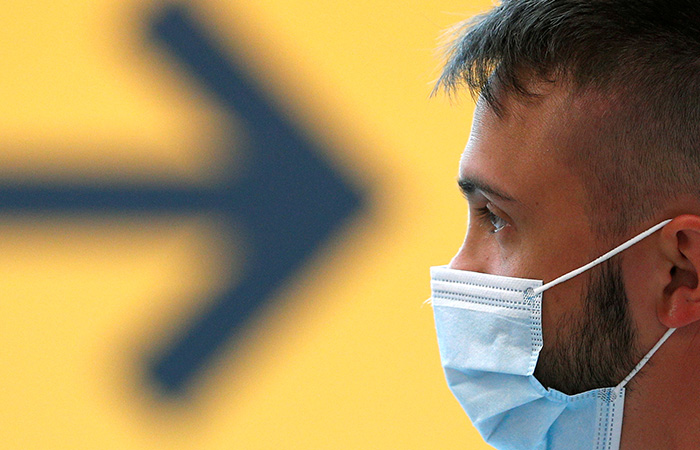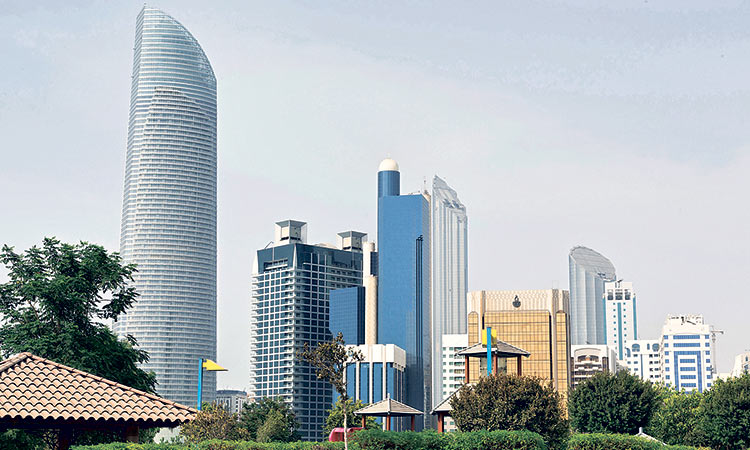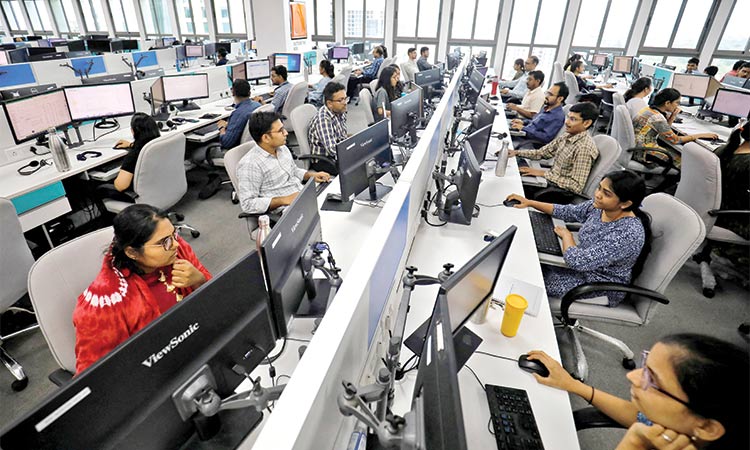Resurgence of measles a cause for concern

A doctor prepares a measles vaccine in the Romanian capital Bucharest. AFP
Laxity cannot be an option and countries across the world need to step up vaccination efforts.
If high immunisation coverage is not achieved and sustained in every community, both children and adults will suffer unnecessarily and some will tragically die, as Günter Pfaff, Chair of the European Regional Verification Commission for Measles and Rubella Elimination (RVC) has cautioned.
As per WHO, there were 89,994 cases of measles in 48 European countries in the first six months of 2019, more than double the number in the same period in 2018 when there were 44,175 cases, and already more than the 84,462 cases reported for all of 2018.
Based on 2018 data, the disease is no longer considered eliminated in the UK, Greece, the Czech Republic and Albania.
Measles is considered eliminated when there is no endemic disease transmission for 12 months or more in a specific geographic area.
It should not be forgotten that measles is a highly contagious viral disease. It remains an important cause of death among young children globally, despite the availability of a safe and effective vaccine.
Measles is transmitted via droplets from the nose, mouth or throat of infected persons. Initial symptoms, which usually appear 10–12 days after infection, include high fever, a runny nose, bloodshot eyes, and tiny white spots on the inside of the mouth.
Several days later, a rash develops, starting on the face and upper neck and gradually spreading downwards.
Adding to the anxiety is the fact that measles is currently spreading in outbreaks in many parts of the world, including in the United States, the Philippines, Tunisia and Thailand. Tens of thousands of cases have been reported in Africa. Ukraine alone has had more than 30,000 cases.
The UK reported 953 cases in 2018 and 489 for the first six months of 2019. In the same periods Greece reported 2,193 and 28 cases, Albania 1,466 and 475, and the Czech Republic 217 and 569.
Some 60 per cent of patients in Europe in the first half of 2019 were under the age of 19.
Between 2010 and 2017, an average of 21.1 million children missed their first dose of the measles vaccine, the United Nations Children’s Fund (Unicef) had indicated earlier.
Widening pockets of unvaccinated children have created a pathway to the measles outbreaks currently spreading around the world.
The growing so-called anti-vax movement in richer nations is also being cited as a major reason for the resurgence of the once-eradicated disease. This needs to be effectively countered.
The movement — driven by fraudulent claims linking the MMR vaccine against measles, mumps and rubella, to a risk of autism in children — has increasingly gained traction.
Social media has compounded the problems in this case. The anti-vax phenomenon has adherents across Western countries but is said to be particularly high profile in the US.
Prevention is any time better than cure.
As well stated earlier by Henrietta Fore, Unicef Executive Director, the measles virus will always find unvaccinated children. If we are serious about averting the spread of this dangerous but preventable disease, we need to vaccinate every child, in rich and poor countries alike.







